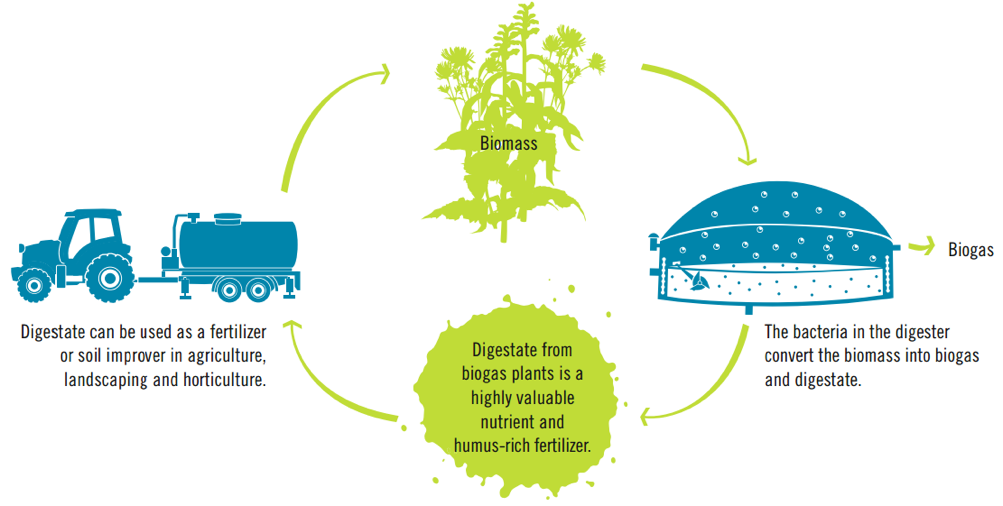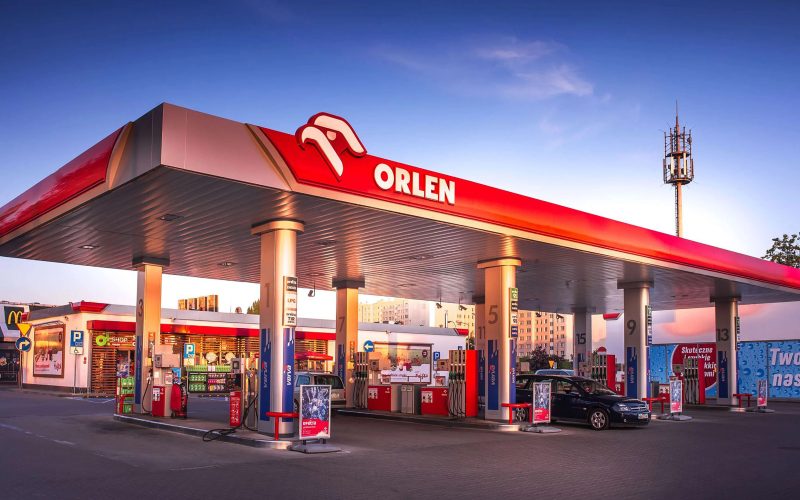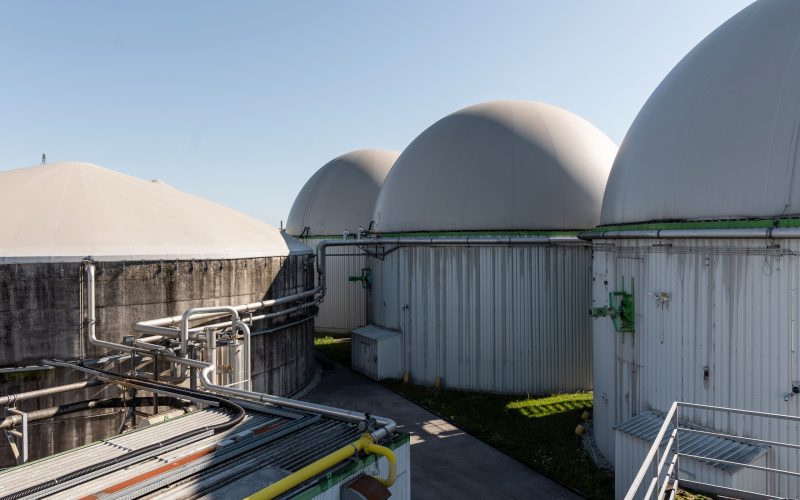Organic fertilizers in agriculture nutritions recycling
Organic fertilizers include mainly carbon materials of plant and / or animal origin. The most common types of agricultural organic fertilizers are all types of manure and litters, crop residues, siderates. Digestate from biogas plants is also an organic fertilizer that can contain all the listed types of organic materials in the converted form.
The recycling of organic materials to land is considered as the best practicable environmental option in most circumstances, completing both natural nutrient and carbon cycles. Organic materials are valuable sources of major plant nutrients (i.e. nitrogen – N, phosphate – P2O5, potash – K2O and sulphur – SO3), which are essential for plant growth and therefore sustainable crop production.
Organic materials also provide a valuable source of organic matter, which improves soil water holding capacity, workability and structural stability etc.
However, the return of organic material to the soil must be controlled from the point of view of both the agro-technical effect (application must be balanced according to the type and condition of the soil, the cultivated crop, etc.) and the environmental effect (application should not lead to deterioration of sanitary- epidemiological status, soil and groundwater contamination, etc.). Therefore, the use of pre-treatment technologies for organic materials is appropriate, and in some cases necessary.
Anaerobic digestion technology is one of the most rational ways to treat different types of organic materials, including agricultural origin.
Digestate reduces the potential for soil erosion and improves productivity byincreasing the soil organic matter and soil fertilityand supplying additional nutrients.Anaerobic digestion technology is essentially an important link in organic recycling in agriculture (Figure 1).

Figure 1 – Raw material – digestate cycle
Digestate is normally used as fertilizer for crops without any further processing, substituting industriallyproduced mineral fertilizers. However, the need for efficient nutrient management, required by restrictions on manure application in areas with high livestock density, along with depletion of the global natural reserves of phosphorous and potassium, make recovery and recycling of plant nutrients from manure, waste streams, and other resources increasingly important for farmers, technology providers, investors, and decision makers.
Effective use of organic materials, including digestate based, is extremely relevant in Ukraine. The developed agro-industrial sector of Ukraine’s economy with a large share of agricultural land requires considerable amounts of fertilizers. Actual management practice and land ownership during the years of Ukraine’s independence have had a negative impact on soil fertility, which is resulted in the loss of large humus proportion, imbalance of nutrient content, soils acidification and alkalinity, deficits of mobile forms of phosphorus, potassium and microelements, chemical and radiation pollution, and erosion.The reasons for this conditions of soil are found in particular in intensive production with the dominant use of mineral fertilizers and the critical fall in the volume of organic fertilizers application.
Prepared by: Petro Kucheruk – Member of the Expert Council of the Bioenergy Association of Ukraine for the platform of sustainable agribusiness SAF Ukraine.
The Bioenergy Association of Ukraine since 2019 is a partner of the platform of sustainable agribusiness SAF Ukraine.


